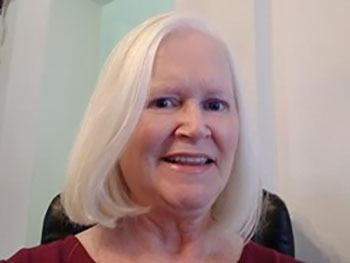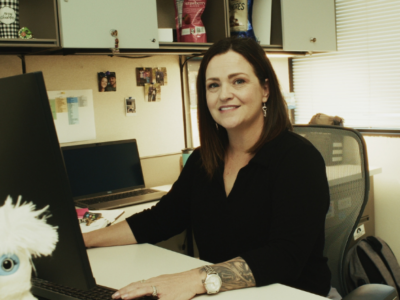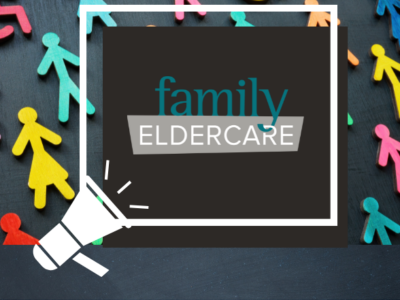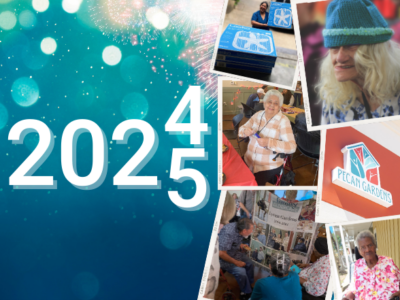
Jennie Edwards is having a good day. She just received a special message from a former client.
Jennie is a certified guardian, and one of her former clients just had his rights restored by the courts. It’s been a longtime goal for the client, and Jennie is thrilled that he has achieved it.
Before we get back to Jennie’s happy day, let’s talk about guardianship itself. Guardianship is a legal process where a person is found by the court to be incapacitated or unable to substantially provide for their care, health, finances, and other daily affairs. A guardian is then appointed to make decisions for that person.
Because appointing a guardian means taking away a person’s rights, it must be the last and best available option. Guardians have legal responsibilities from the court that they must follow. Becoming a certified guardian for an organization requires many hours of specialized training, supervision, and passing a state exam with the Judicial Branch Certification Commission.
Family members can become guardians if they can meet the legal requirements. In fact, in Texas, preference is given to appointing a family member as a guardian when that is an appropriate option. For many in our community, however, appointing a family member as guardian is not an option. It could be that a person has lost ties with family members, family members are not willing or able to become guardians, or the court may disqualify a family member from being named a guardian. Guardianship programs such as the one at Family Eldercare are essential for individuals without family members who can fulfill the guardianship requirements.
Jennie takes her responsibility as a guardian very seriously.
“I look for the strengths in my clients. I support them in making the decisions they can. I want them to feel autonomy.”
In her 14 years as a certified guardian, the experiences Jennie cherishes the most are those when she is able to help a client become more independent – whether that means helping them get their rights restored, or moving them to a less restrictive environment where they can truly thrive.
“You just feel really proud and happy and excited. It’s the ultimate, it’s just inspiring.”
Let’s come back to our happy day. As she recounts the joy and thrill of having her former client’s rights restored, Jennie receives this special message from him.
“I feel like you all are family,” he says. “There have been a lot of people who told me I should back out, they didn’t think I could handle it. Family Eldercare has had my back. You kept your word, helped me get back on my feet. Helped me get my rights restored, which was my primary goal in life. I am highly grateful.”
The day you learn that your actions helped someone achieve their primary goal in life is a good day. It is a happy day.


